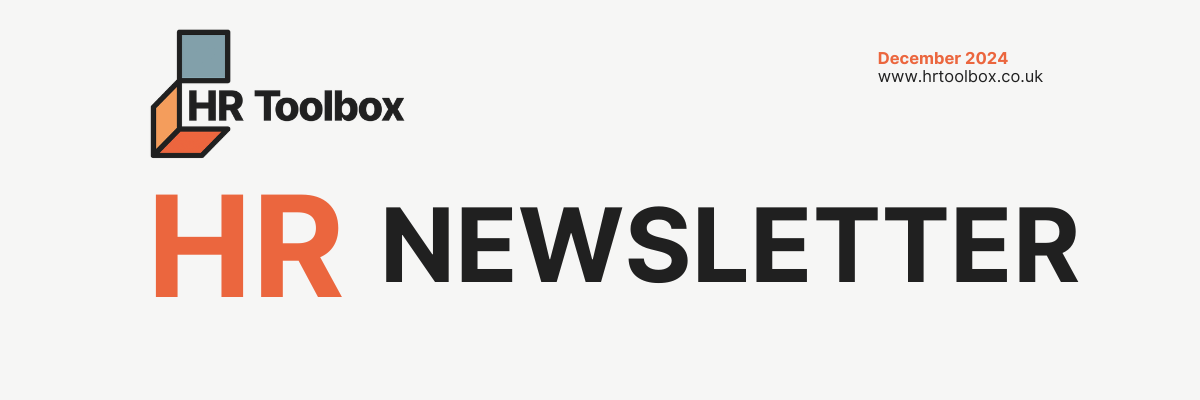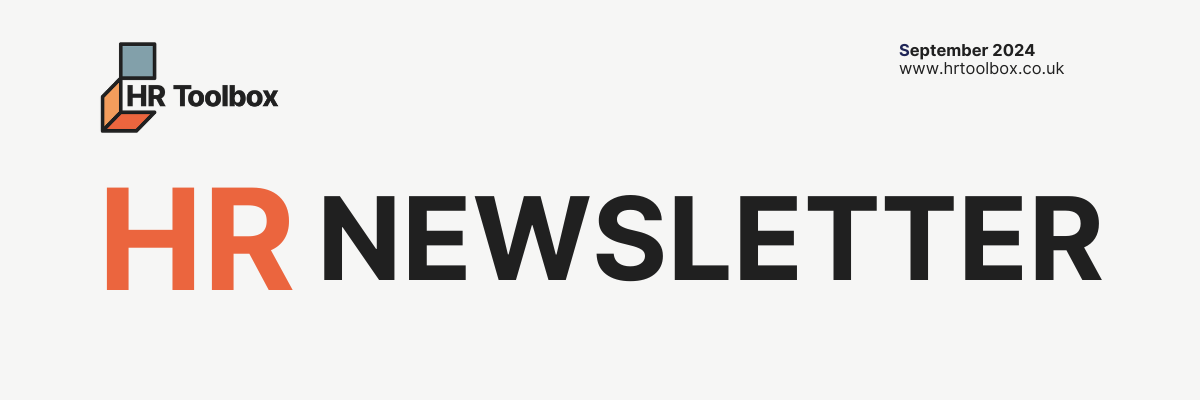Four BIG employment law changes coming into effect in April 2024
This April, we see a huge wave of employment law updates coming into effect.

We haven’t seen so many updates happening at once for a very long time.
For this reason, it’s incredibly important for you to be aware of these changes and take the necessary action to ensure you stay compliant and that you, your business and your employees remain protected.
Here is a list of employment law updates that you need to be aware of:
1. Protection from Redundancy (Pregnancy and Family Leave) Act 2023
This Act expands protection for pregnant employees, offering coverage from the date of pregnancy notification to 18 months post-childbirth. It also includes protection for those on maternity/adoption/shared parental leave who might be facing redundancy.
You will need to update your policies and procedures accordingly and offer training to everyone, particularly those who manage staff, to recognise and respond to any operational issues which may impact employees who qualify for redundancy protection.
2. The Paternity Leave (Amendment) Regulations 2024
New parents will have more flexibility to choose when to take statutory paternity leave. Under the new rules, employees will be able to take statutory paternity leave at any point in the first year (up from the first eight weeks) and will be able to split it up into two separate blocks of one week (rather than having to take two weeks together).
The notice requirements are also changing so that dads/partners will only have to give 28 days' notice of the leave they intend to take, rather than the previous 15 weeks.
You will need to update your policies and procedures and communicate through the business accordingly.
3. Employment Relations (Flexible Working) Act 2023
This Act grants employees the right to request flexible working from day one. Furthermore, a provision is made to increase the limit to two requests per year.
Wherever possible, consider allowing more flexibility and ensure all managers are trained to assess and respond to flexible work requests promptly and fairly. Update employment contracts and all applicable policies to reflect the new rules.
4. The Carer’s Leave Act 2023
With a rise in the number of people in the UK who are caring for loved ones with long-term needs, this Act ensures carers will qualify for one week of unpaid leave per year, available from day one of employment.
Communicate this through the business and ensure that all contracts, policies and payroll fields are updated accordingly. Consider how to handle these requests fairly and make alternative arrangements to ensure that business isn’t negatively impacted.
Other changes coming into effect this month
Calculating holiday pay and leave – for leave years starting on or after April 2024
The government has recently announced that businesses can offer the previously banned “rolled-up holiday pay” (which involves including holiday pay in an employee’s hourly rate) to workers who have irregular hours, like zero-hour and part-year employees.
This means that employers will be able to calculate annual leave for such workers using the 12.07% accrual method, which was previously banned.
National minimum wage rises
The national minimum wage increases annually, but in April 2024, there will be a change beyond the usual adjustment.
Here are the new rates you’ll need to make note of…
● For those over compulsory school age but not yet 18 - £6.40 per hour (up from £5.28).
● For apprentices aged 19 and under (or 19 and over and in the first year of their apprenticeship) - £6.40 per hour (up from £5.28)
● For those aged 18 to 20 - £8.60 per hour (up from £7.49)
● National living wage (anyone aged 21 and over) - £11.44 per hour (up from £10.42)
It's important to ensure that you pay your employees the right wage, especially if they earn the national minimum wage or something close to it. Failing to do so, even unintentionally, could result in you having to pay substantial compensation, and may even mean you’re named and shamed by the government.
Other changes expected in 2024 also include…
Changes to statutory maternity pay and sick pay rates
● Statutory maternity pay, maternity allowance, paternity pay, shared parental pay and adoption pay - £184.03 per week (or 90% of the employee’s average weekly earnings, if this figure is less than the statutory rate)
● Statutory parental bereavement pay - £184.03 per week
● Statutory sick pay - £116.75 per week
Changes to the age criteria for being auto-enrolled in a pension scheme
The lower age limit for auto-enrolment will be reduced from 22 to 18.
Need help keeping your business up-to-date?
There are so many employment law updates happening this month, we understand that it can feel very overwhelming.
If you have any questions or concerns, we’re here to help.
If you aren't a customer of ours, feel welcome to get in touch and let’s have a confidential chat.
Get In Touch
We will get back to you as soon as possible
Please try again later

ABOUT US
HR Toolbox have over 20 years HR experience in the private & public sectors. Our customers love us as we give them the 1:1 HR support, tools, and software to help save them time, reduce risk, improve their employees experience and protect themselves.
SERVICES
Website built by - Mission Three60 LTD










